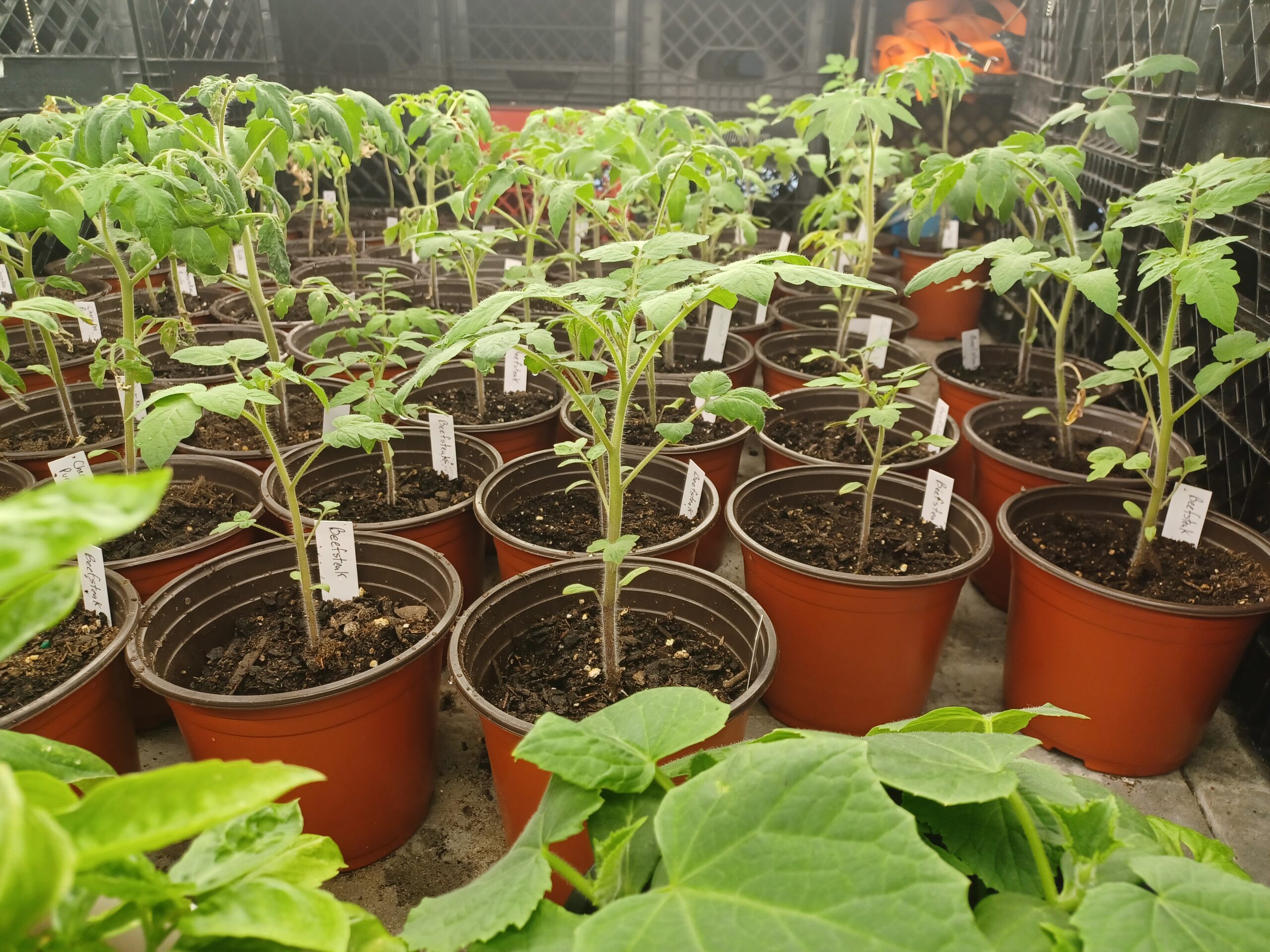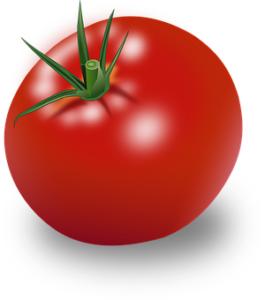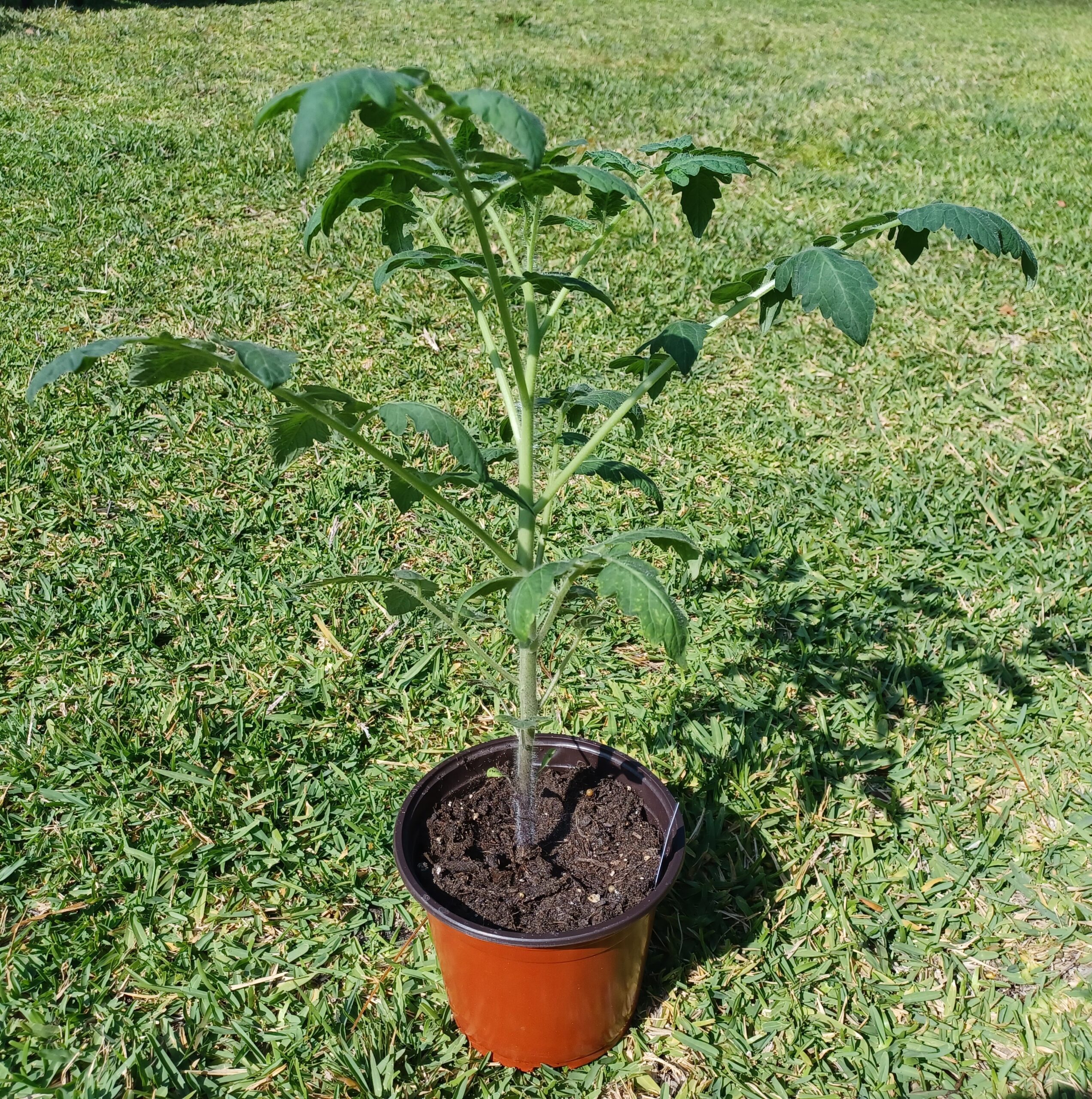
We’re all familiar with the health benefits of broccoli, yet many of us don’t include it frequently in our diets. The reasons vary from disliking its taste to finding it challenging to prepare. However, have you ever heard of a more nutrient-packed version of broccoli? Let me introduce you to broccoli microgreens.
Despite their small size, the health advantages of broccoli microgreens are astonishing. Pound for pound, they can contain up to 40 times more nutrients than mature broccoli. It’s a remarkable nutritional powerhouse that often goes unnoticed.
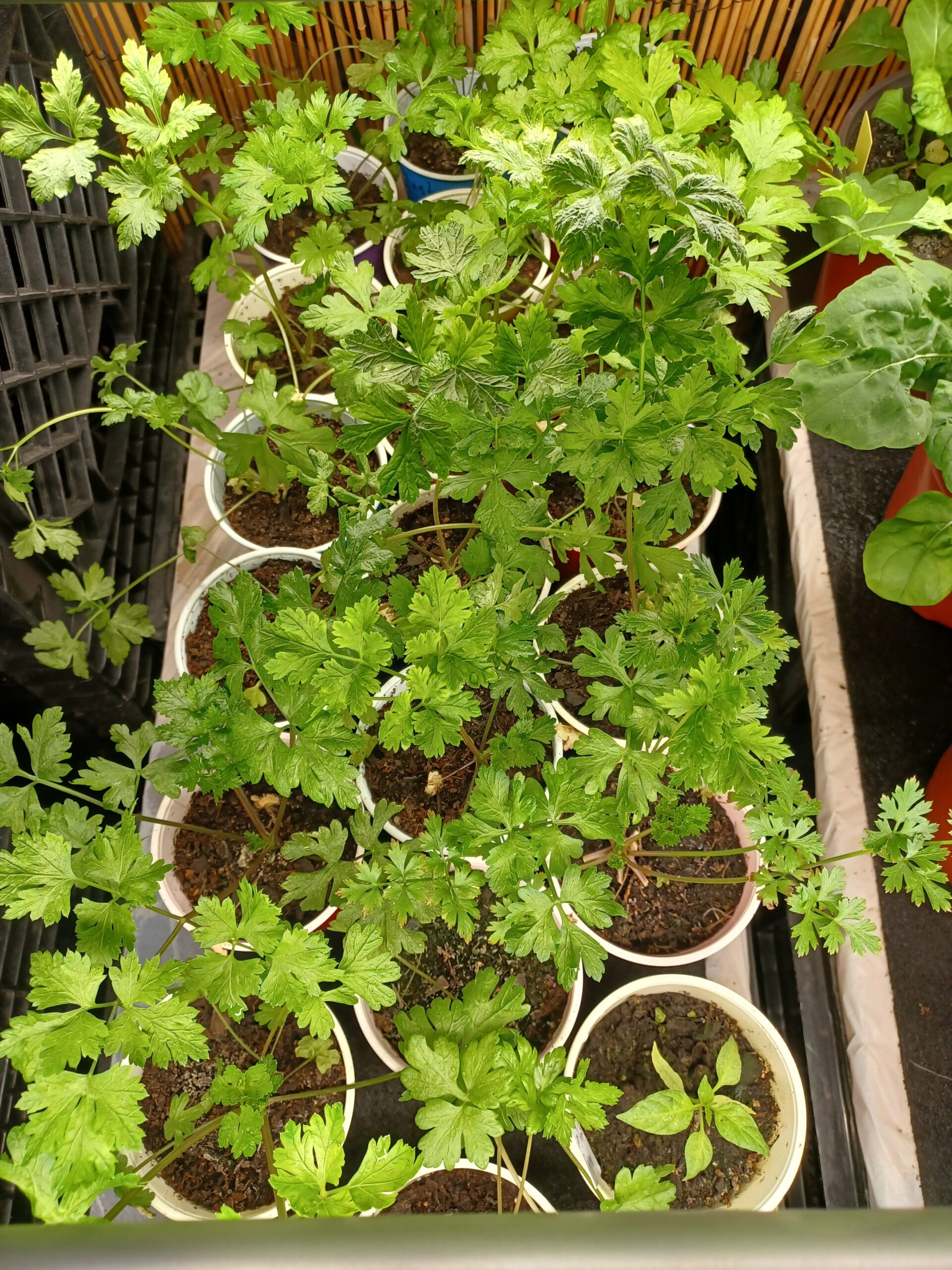
Incorporating fresh parsley into your diet can provide you with a range of nutritional benefits. What better way to ensure the freshness and quality of this herb than by growing it in your own home garden? Cultivating parsley is relatively easy, making it a perfect addition to your gardening endeavors. By growing parsley at home, you can have a readily available supply of this versatile herb, allowing you to incorporate it into your meals whenever you desire. Not only will you enjoy the convenience, but you’ll also reap the nutritional rewards of having a steady source of antioxidants, vitamins, and minerals at your fingertips. So why not start your parsley garden today and experience the joy of growing your own nutritious herbs while enhancing the flavor and health benefits of your dishes?
Nutritional Facts:
Parsley is a great source of antioxidants such as flavonoids, carotenoids, and vitamin C.
Parsley contains a significant amount of vitamin K, calcium, and magnesium.
Parsley contains compounds like apigenin and luteolin that possess anti-inflammatory properties.
Parsley is a good source of vitamin C, vitamin A, and folate.
Parsley is rich in dietary fiber.


![Parsley Seedlings [Palm Coast, Florida]](https://www.thebiggskids.com/wp-content/uploads/2023/06/parsley_close1-scaled-324x324.jpg)

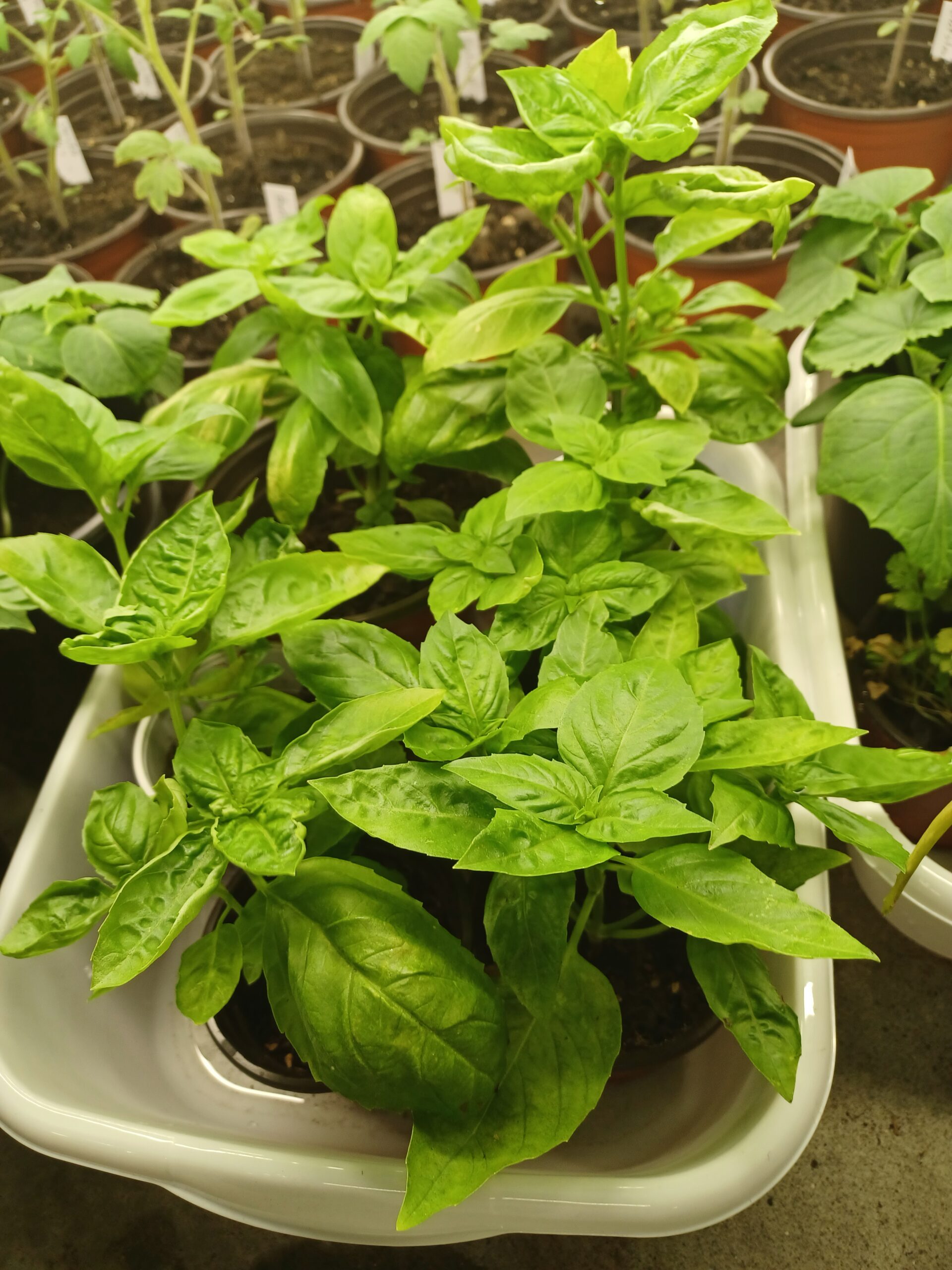
![Basil (Sweet) Seedlings [Palm Coast, Florida]](https://www.thebiggskids.com/wp-content/uploads/2023/06/basil_full2-scaled-324x324.jpg)

